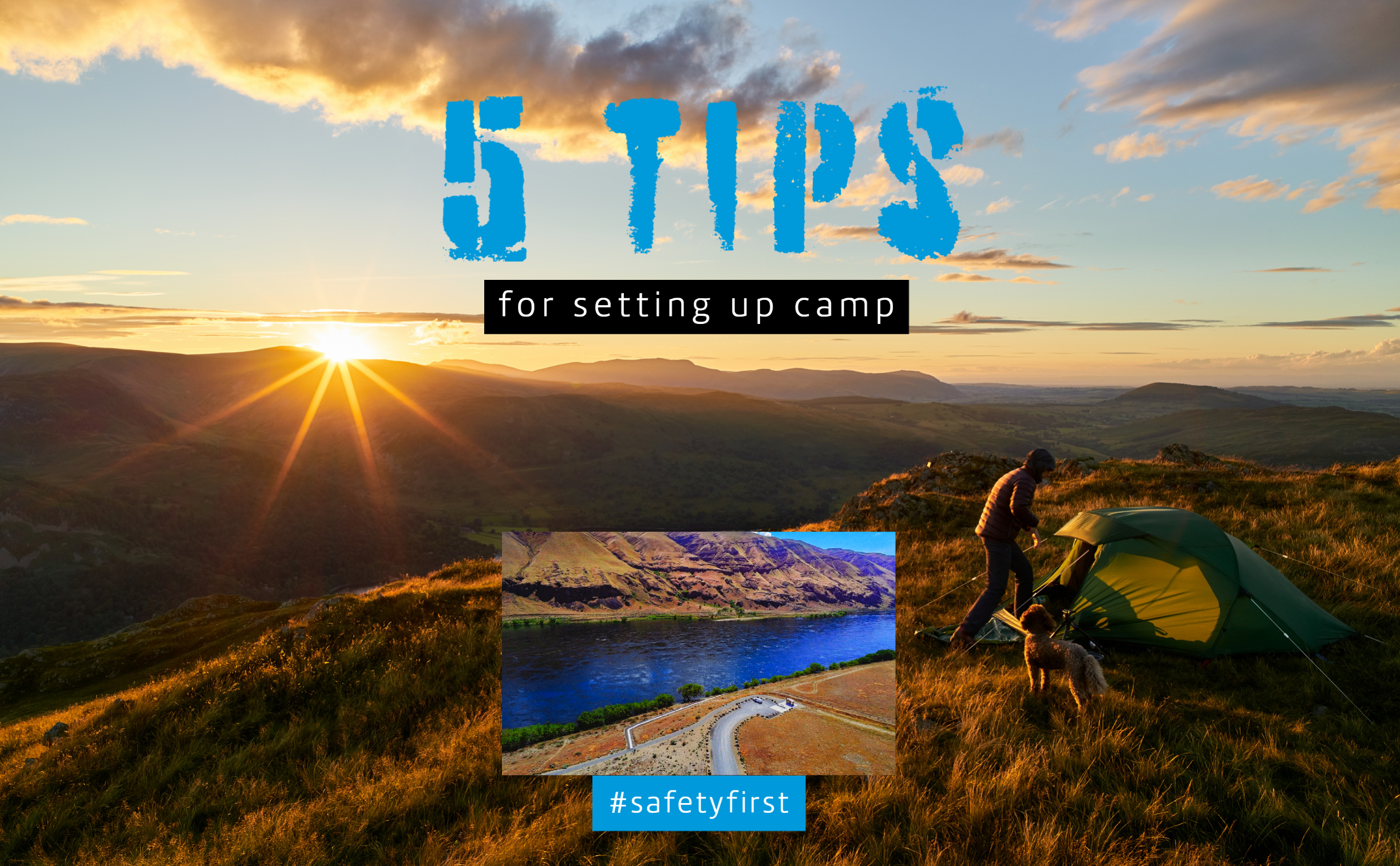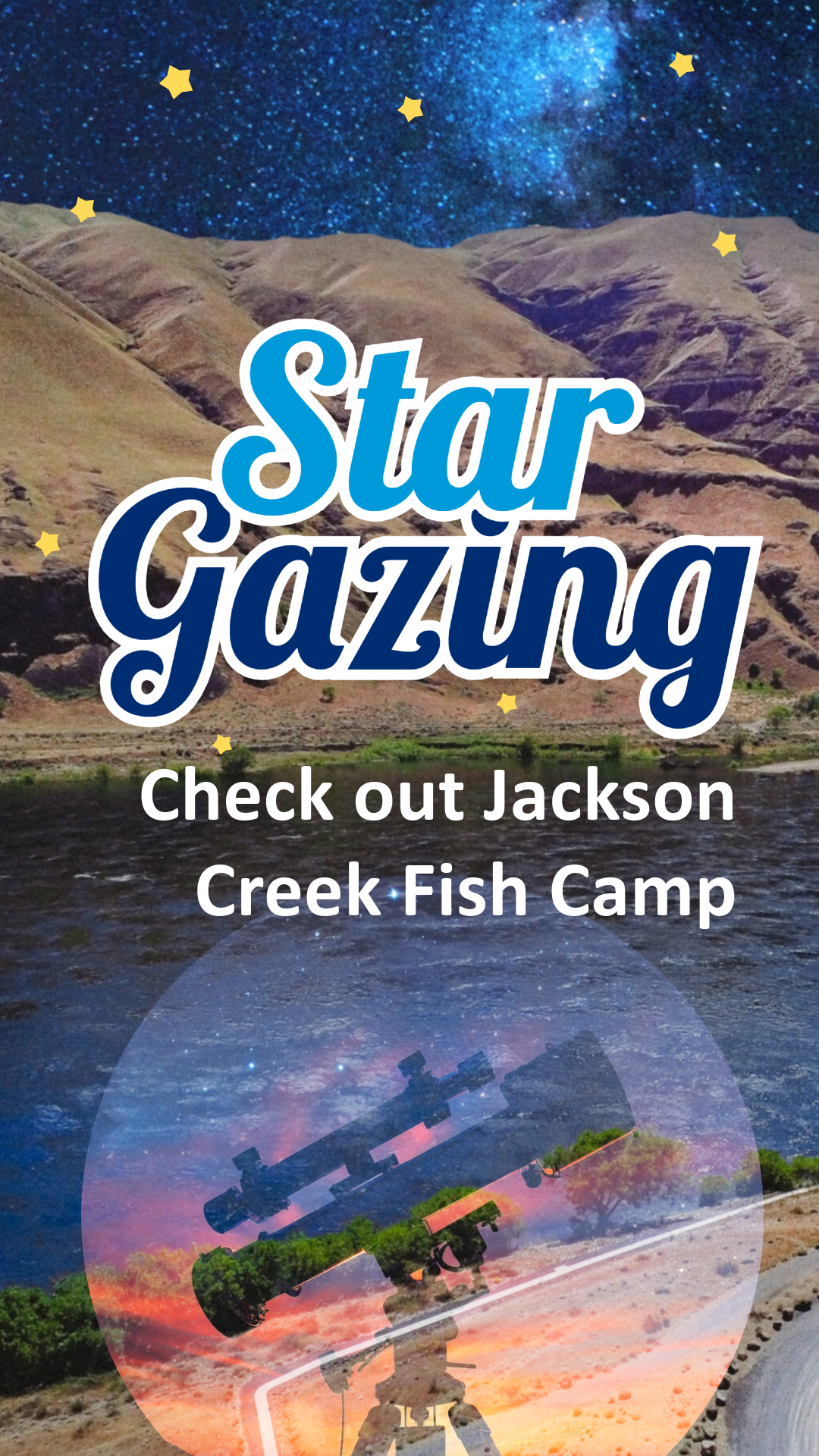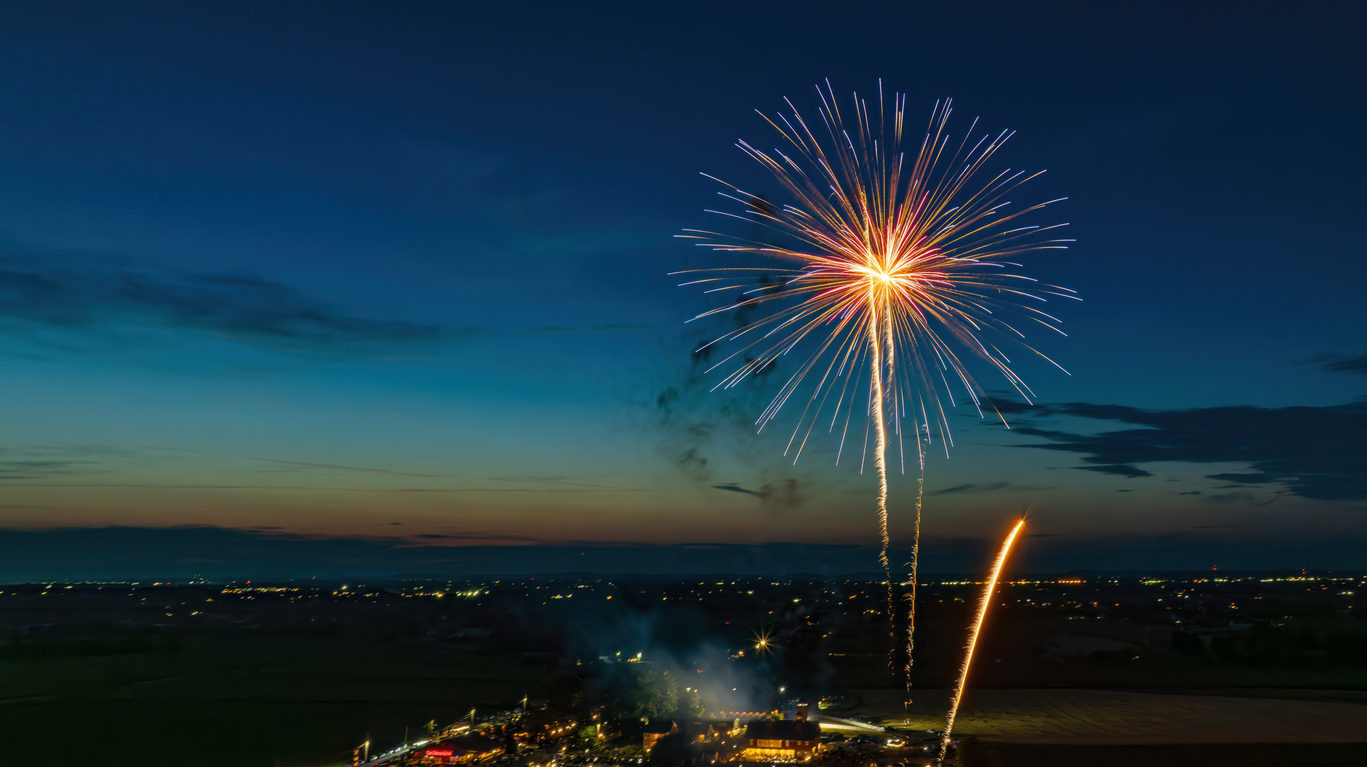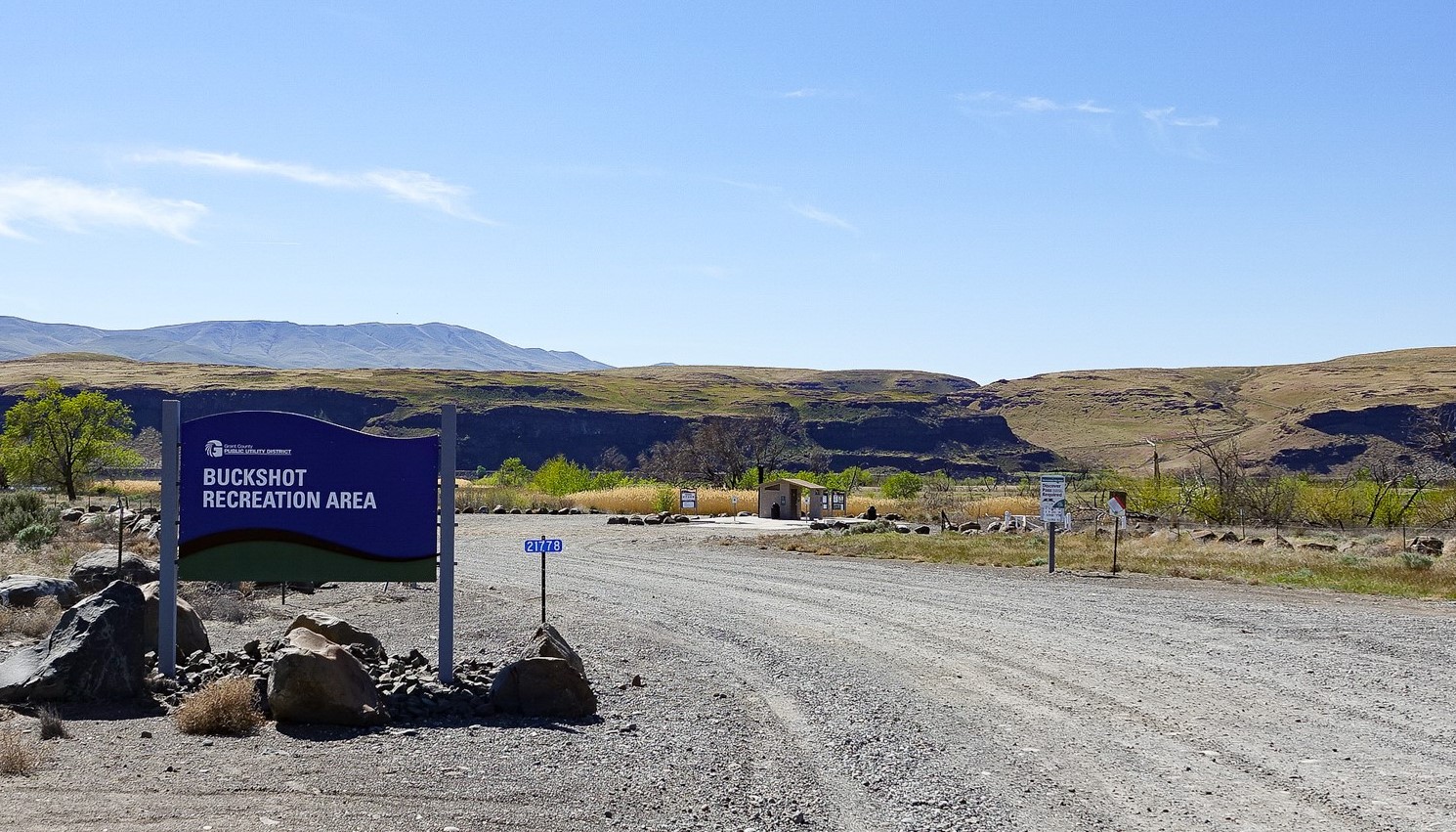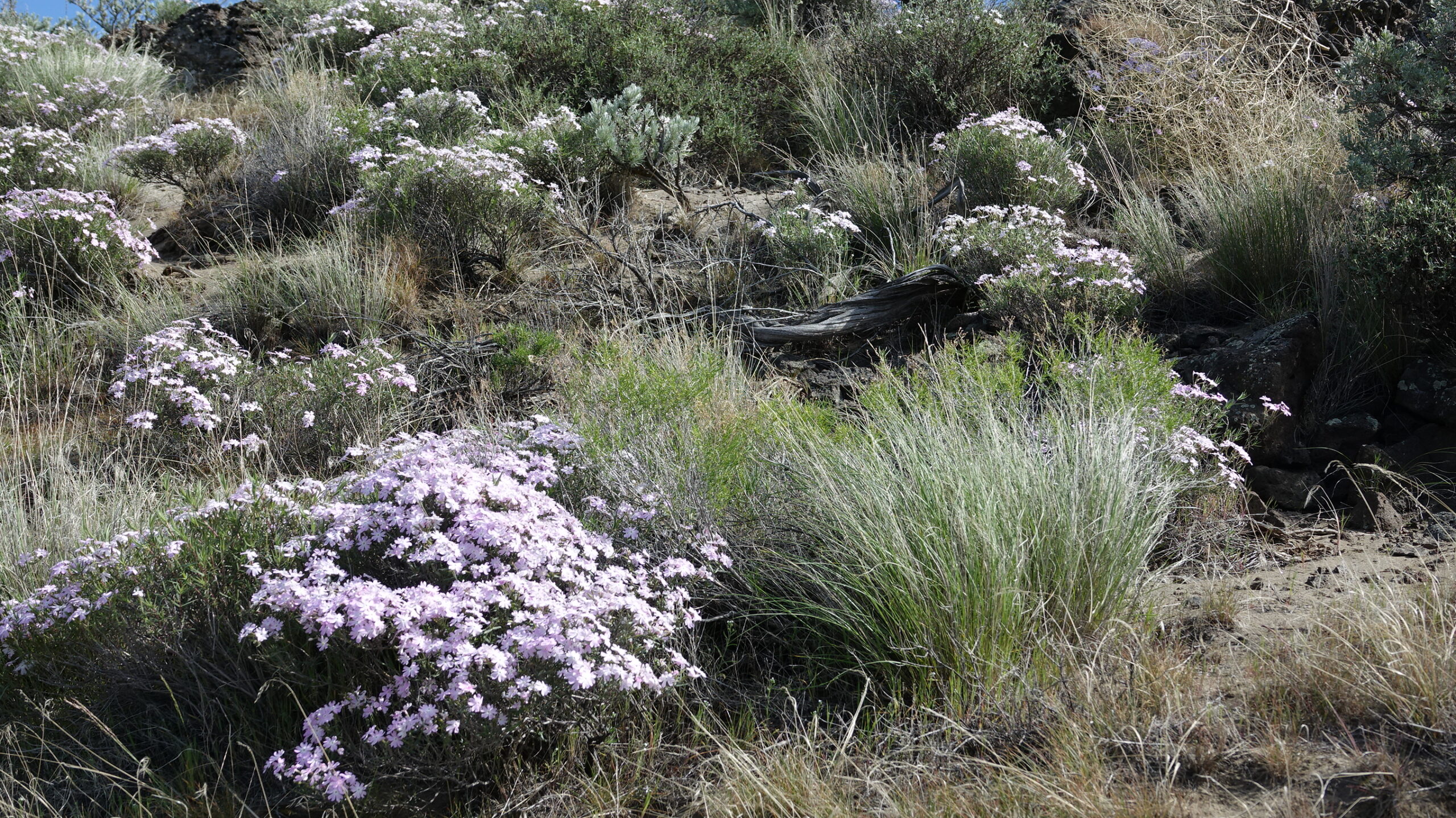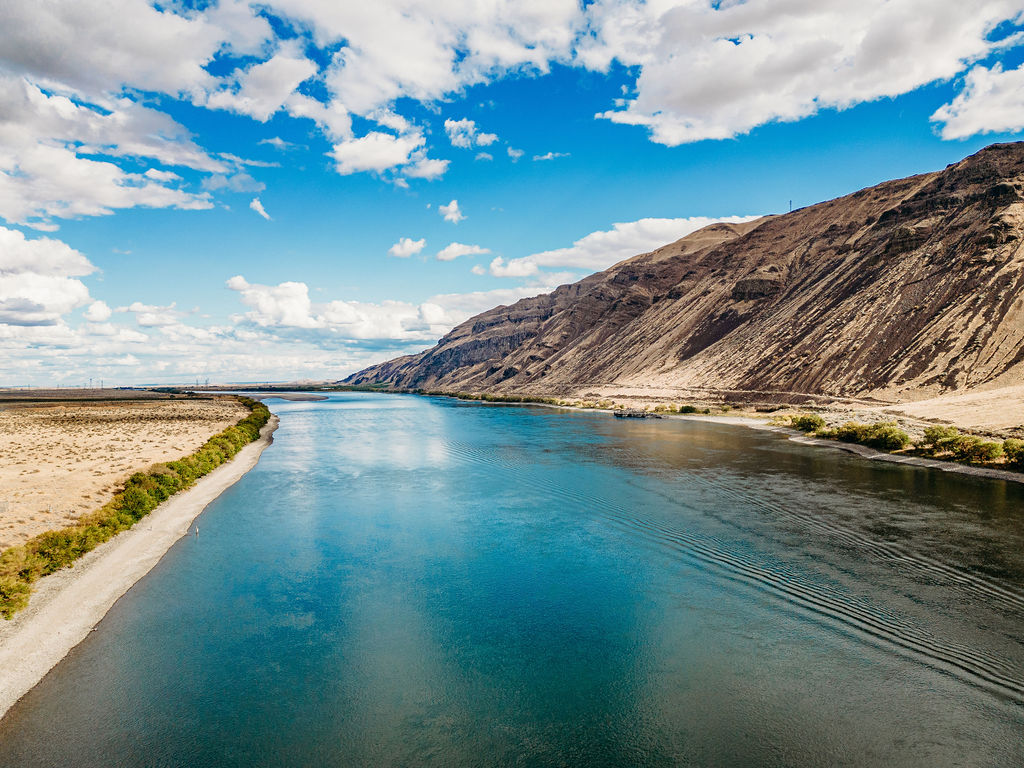Camping can be a great way to disconnect from the stresses of everyday life and connect with the outdoors. Whether you’re an experienced camper or a first-time adventurer, proper planning and preparation can make all the difference in ensuring a safe and enjoyable trip. From packing the right gear to following the “Pack in, Pack Out” policy, there are many tips that can help you make the most of your camping experience. However, safety should always be a top priority. Before embarking on any camping trip, be sure to research the area, check the weather forecast, and bring appropriate safety gear.
Here are 5 tips to keep in mind when camping:
- Pack smart: Before you head out on your camping trip, make a list of all the essential items you’ll need, and be sure to pack them in a way that is organized and easy to access. Consider using plastic storage bins to keep everything in one place and to protect your gear from moisture and dust.
- Bring appropriate clothing: Check the weather forecast before you go camping and pack appropriate clothing for the conditions. Be sure to include layers for warmth, rain gear for wet weather, and sturdy shoes or boots for hiking and exploring.
- Set up camp before dark: Setting up camp before dark can make the process much easier and more efficient. You’ll be able to see what you’re doing and avoid the frustration of trying to set up your tent or cook dinner in the dark.
- Practice “Pack in, Pack out” policy: When camping, it’s important to minimize your impact on the environment. This includes packing out all trash and waste, using established campsites, and avoiding damaging vegetation or wildlife habitats.
- Be prepared for emergencies: Accidents and emergencies can happen when camping, so it’s important to be prepared. Bring a first aid kit, a map and compass, and a fully charged cell phone. Make sure someone knows your itinerary and when you plan to return, and always let someone know if you plan to venture off-trail or into a remote area.
Here is a potential list of things you might need while you’re camping. Keep in mind, this list is general in nature, and not meant to be used on it’s own, but as a starting point.
Shelter and Sleeping
- Tent
- Sleeping bag
- Sleeping pad
- Pillows
- Tent footprint
- Extra stakes and guylines
- Tarp or groundsheet
Cooking and Eating
- Stove
- Fuel
- Lighter or matches
- Cookware (pots, pans, utensils)
- Cooler
- Ice
- Food (including snacks)
- Water bottles or hydration system
- Water filter or purification tablets
- Plates, bowls, cups, and utensils
- Dishwashing soap and sponge
- Trash bags
Clothing and Footwear
- Long-sleeved shirts and pants
- Shorts and t-shirts
- Fleece jacket or sweater
- Waterproof jacket or poncho
- Sturdy, comfortable shoes or boots
- Socks (wool or synthetic)
- Hat and sunglasses
- Swimwear
- Extra layers (depending on climate and season)
Personal Items
- Toiletries (toothbrush, toothpaste, soap, deodorant, etc.)
- Towels (for bathing and/or swimming)
- Sunscreen
- Insect repellent
- Hand sanitizer
- Personal medications
- Prescription glasses or contacts
- First aid kit
Miscellaneous
- Headlamp or flashlight (with extra batteries)
- Lantern or camp light
- Folding chairs or camp chairs
- Portable camping table
- Backpack or daypack
- Maps and compass
- Multitool or knife
- Campfire tools (firestarter, matches, gloves, etc.)
- Camera or smartphone with camera
- Book or entertainment (depending on preference)
This list is not exhaustive and may vary depending on the length and type of camping trip, as well as personal preferences and needs. It’s always a good idea to review the list and customize it based on your own needs and preferences.
Remember to always be prepared for emergencies and to follow safety guidelines when camping. Carry a first aid kit, map and compass, and a fully charged cell phone with you at all times. Always let someone know where you are going and when you plan to return, and be sure to stay on established trails and follow all campground rules and regulations. By taking these safety precautions, you can help ensure a safe and enjoyable camping experience for everyone involved.

